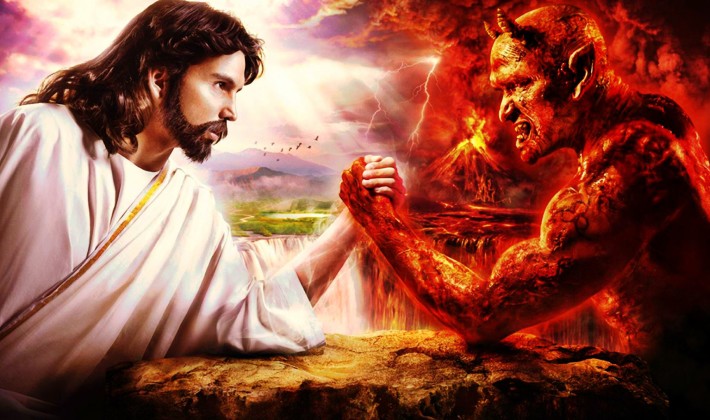FOR THOSE AT A CROSSROADS:
The term "Money is the root of all evil" — Yea, that's a misquote.
First off, the phrase "money is the root of all evil" is a misquote. The actual verse from 1 Timothy 6:10 (KJV) says: “For the *love* of money is the root of all evil. So, it’s not money itself that’s the problem—it's the obsession with it, the way it can corrupt, enslave, or distort priorities. Money is just a tool albeit not elemental, but necessary, nonetheless. Just as fire can warm or destroy, it’s how you choose to manage it that matters. This also resonates with secular ethics—for example, in utilitarianism, money is neither good nor bad on its own. It’s evaluated by how it affects well-being. If the pursuit of money increases suffering, it's unethical. But if it alleviates, it’s justified. Being a good person doesn’t mean being perfect or sinless. That’s another flawed concept in any religious or philosophical standard. Being a good person is about:
Striving for integrity even when it's hard.
Choosing empathy when it's easier to look away.
Owning your mistakes and growing.
Doing your best to minimize harm in a world that demands compromise.
Existentialist thinkers like Sartre and Camus would say: you're not born good or bad—you become who you are through your choices. The absurdity of the world doesn’t let you off the hook. You still have to choose meaning, responsibility, and action—even in chaos. That said, there's a great many of us carrying around regret and remorse for committing shady acts to earn a living. We all do things we wish we didn’t have to do to survive. Those deeds don't make us bad—it makes us human.
Religious guidelines vs real life
Many religious teachings were written in vastly different historical contexts. They served to regulate ancient societies with no modern government, science, or economy. That doesn’t mean they’re obsolete now—it just means they need to be interpreted using modern reasoning not fundamentalism. Religion became a rigid business system that ignores reality, because it stopped serving life a long time ago. That’s why so many people are turned off by it—it doesn’t seem to 'work' anymore. This is where humanist ethics steps in (i.e., common sense) morality grounded in human well-being, reason, and shared responsibility, without needing a divine authority to validate it. You don’t need to fear hell to want to do good. You just need to genuinely care about other people.
Good people doing bad things to live good lives...
We are often forced into systems where we compromise to survive. The key is: do you keep your conscience alive? Do you recognize the conflict and try to do better when you can - or do you completely give in to complicity? You don’t have to be a saint. You just have to stay alert. Be a humanitarian to all others, humans and creatures alike. Do. What. You. Can.
And never you mind about fitting into some criteria because evil dgaf about rules and neither should you! If we waited for perfect heroes, we’d never have abolitionists, revolutionaries, whistleblowers, or reformers. The paradox is: being a sinner doesn't disqualify you from doing good. *It qualifies you* actually, because you understand the struggle of temptation, and the gray areas all over the damn place about this and that. That’s what keeps you human, humble and sane enough to combat the evils of this world.
Psychology, too, agrees. We all carry shadow parts of ourselves (Jung) but acknowledging them is part of what makes growth and healing possible. Suppressing them doesn’t make us moral—it makes us blind.




